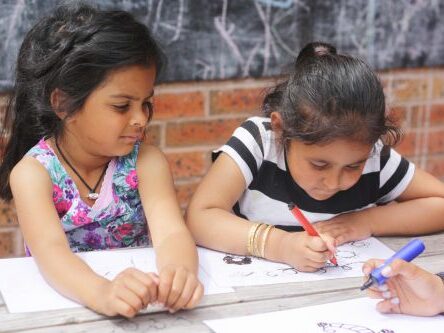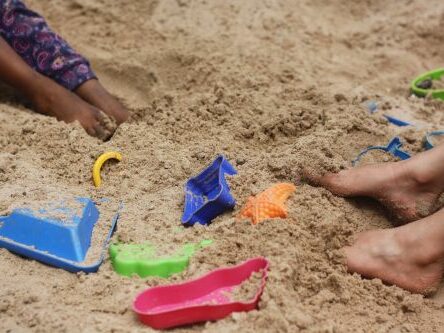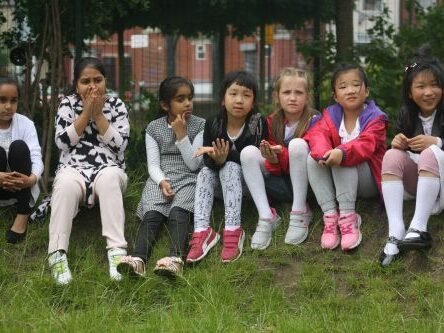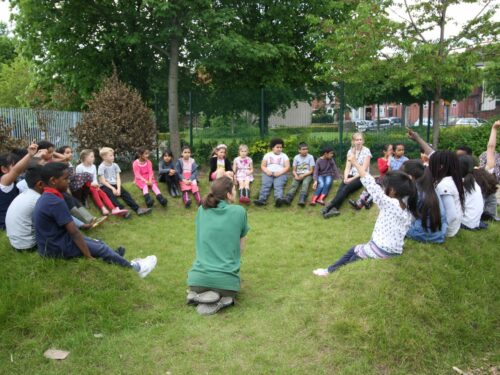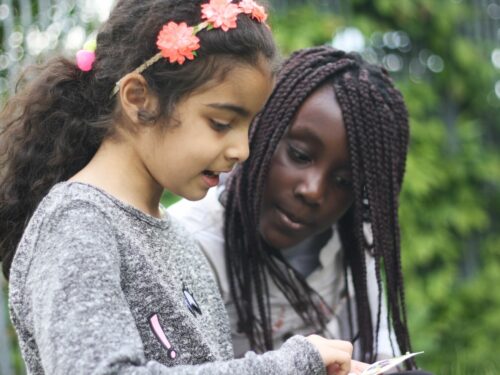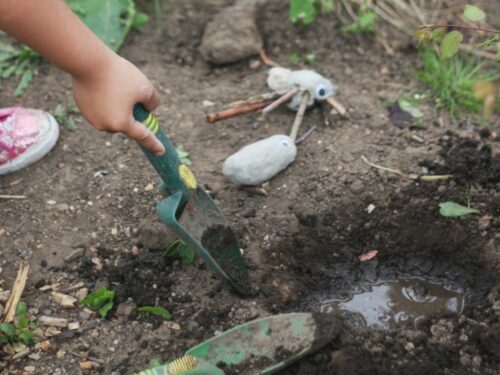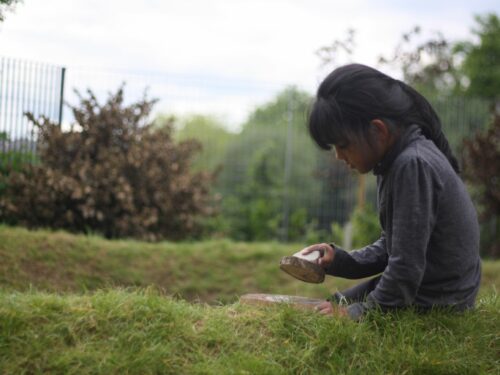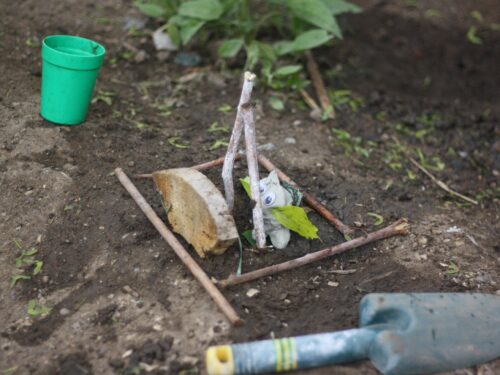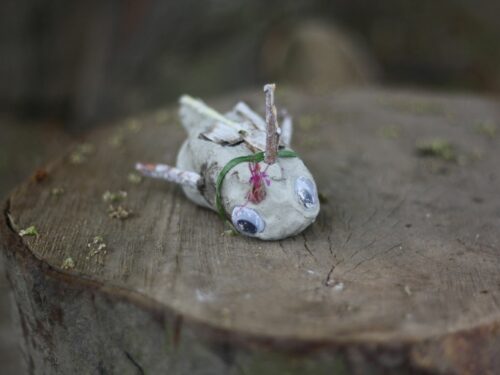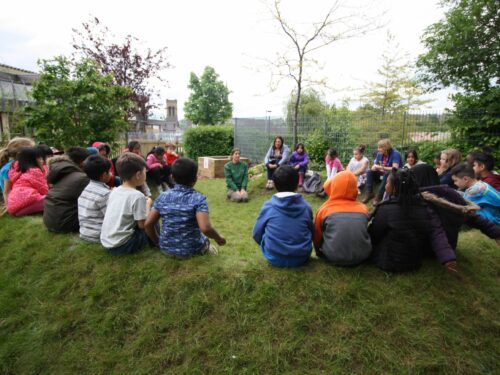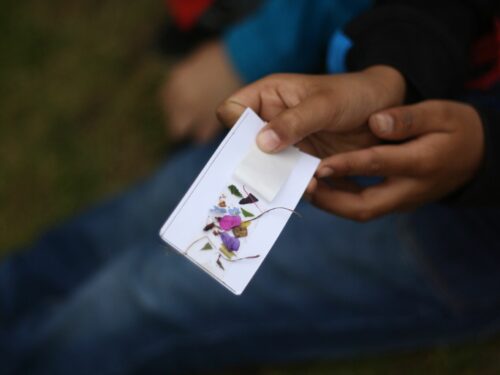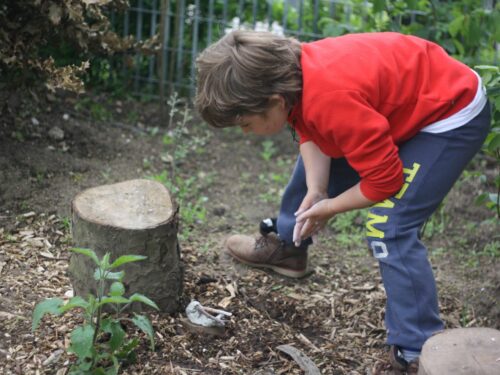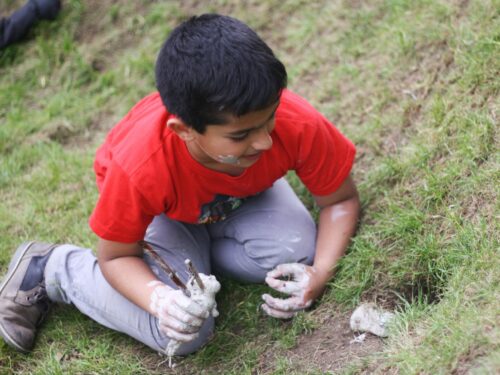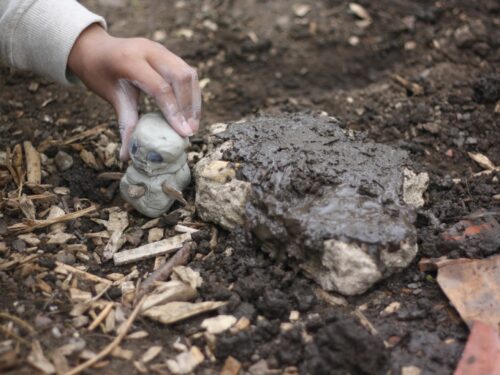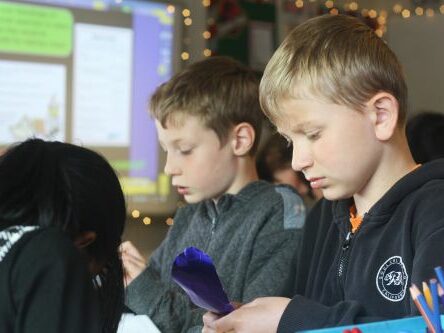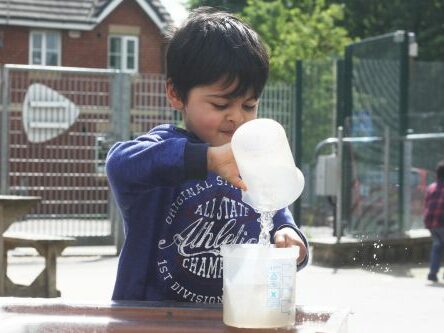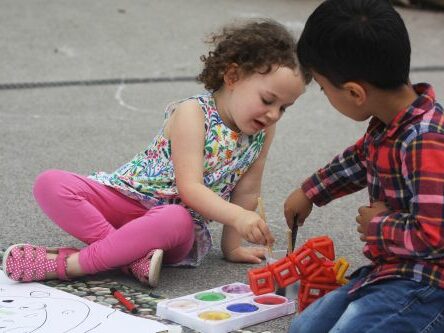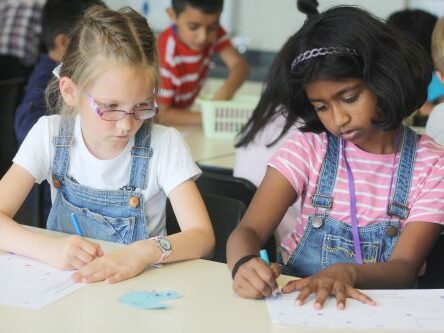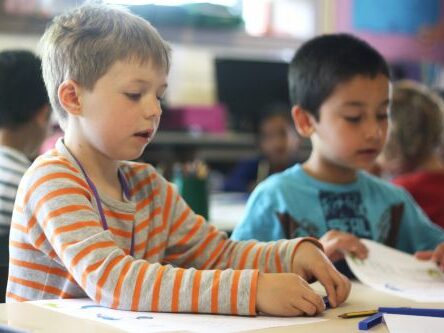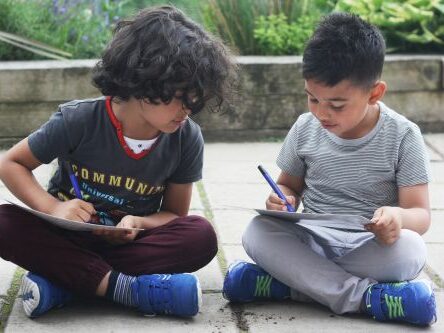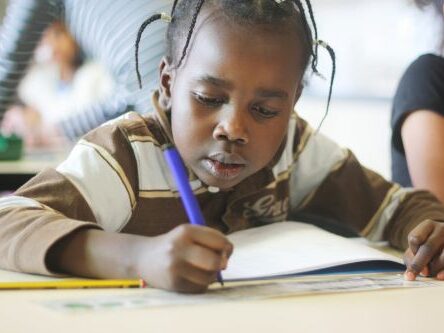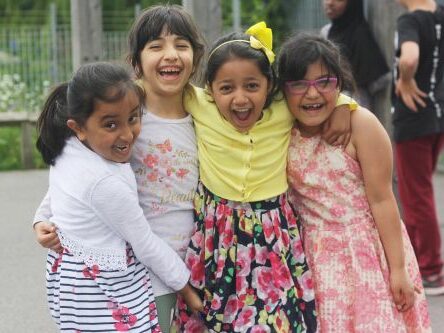RHSE is at the heart of everything we do at Sharrow. It is taught explicitly but is also evident in our whole school approach to behaviour, relationships, learning and safety. Sharrow School is a very therapeutic environment where children can express themselves and develop their feelings of self-worth and confidence, especially in relation to others. We teach our children to respect themselves and others and to make responsible, informed and healthy decisions about their lives.
Through our RHSE curriculum, children will acquire the knowledge, understanding and skills they need to keep themselves healthy and safe and to prepare them for life both now and in the future. British Values is taught explicitly through our RHSE curriculum as well as through our whole school approach to behaviour, relationships and equality.
Philosophy for Children sessions are used as a vehicle to have meaningful and sometimes sensitive discussions about a range of topics. In these sessions children are able to develop the skills to express their opinions, explore alternative viewpoints and most importantly to try and understand each other.
We teach children the skills to be able to understand and regulate their emotions using the Zones of Regulation.
Our approach is flexible and we adapt it daily in order to meet the needs of every child. Staff are emotionally available in order to ensure a calm and happy school.
PHSCE links closely with P4C and RE.
“I can” statements – PHSCE
| I can … | Year 1 | Year 2 | Year 3 | Year 4 | Year 5 | Year 6 |
| Health and Wellbeing | I can tell you what I like and dislike I can tell you how to keep healthy | I can tell you what it is that makes me ‘me’ I can talk about my strengths and what I am good at I can keep myself safe | I can use different strategies for managing my feelings I can identify how I cope with change or loss I have identified who I can go to if I am worried I can understand the importance of good personal hygiene (and how diseases are spread) I can tell you the difference between ‘risk’, ‘danger’ and ‘hazard’ | I can identify what affects my physical, mental and emotional health I can recognise when and how to ask for help and use basic techniques for resisting pressure to do something I feel uncomfortable with I can keep myself safe in water | I can talk about how the media does not necessarily reflect reality, and how it can affect self esteem I can use words to describe the intensity of my feelings to others I can explain how to keep safe when I’m out and about I know that I have autonomy over and the right to protect my body | I can explore and critique how the media present information I can tell you what drugs are, and why I should stay away from them I can keep myself safe online (social media) I understand the importance of protecting my personal information I can talk about change and transitions |
| Relationships | I can talk about what fair and unfair means I can talk about being kind and unkind means I can work cooperatively I can identify what is similar and different about people I can identify special people in my life and talk about why | I can identify when someone is being unkind and I know what to do and who to tell I can talk about the difference between teasing and bullying, and I know that both are wrong I can tell you what you can do and how to get help if you are getting teased or bullied I can talk about what kind of physical contact is acceptable | I can tell you what a positive, healthy relationship is I can identify the different kinds of relationships there are (relatives, teachers, friends) I can talk about the differences between these relationships | I can talk about what civil partnerships and marriage are and that they should only happen with the consent and happiness of both people I know what acceptable and unacceptable physical contact is and what to do if I need help I know when it is appropriate to keep a secret or keep something confidential | I can try to see, respect, and if necessary constructively challenge a point of view I can use a range of strategies to resolve disputes and conflicts I can recognise discrimination, bullying and aggressive behaviours (including cyber-bullying, homophobic and racist language) and how to respond or ask for help | I know that differences and similarities between people arise from a number of factors, (see ‘protected characteristics’ in the Equality Act 2010) I can recognise discrimination, bullying and aggressive behaviours (including cyber-bullying, homophobic and racist language) and how to respond or ask for help |
| Living in the Wider World | I can contribute to the life of the classroom I can help construct class rules and I understand how these rules help me I understand that people and other living things have needs | I can tell you why money is important I can have a discussion about whether life is all about money I can identify ways of looking after money | I can discuss and debate topical issues, problems and events I know why and how rules and laws that protect us and others are made and enforced I understand that everyone has human rights, all peoples and all societies and that children have their own special rights set out in the United Nations Declaration of the Rights of the Child | I know the consequences of anti-social behaviours such as bullying and discrimination of individuals and communities I can talk about what being part of a community means I can resolve differences using a range of strategies | I can identify how human rights protect everyone I understand that there are some cultural practices which are against British law and universal human rights (such as FGM) I can discuss why it important to appreciate the range of national, regional, religious and ethnic identities in the UK | I can discuss the importance of money in our lives (such as Does money buy happiness?) I know the definitions of financial vocabulary and understand their contribution to society I know what it is to be a critical consumer I can have a thoughtful debate about the role of the media and the effect it can have on our mental health |

